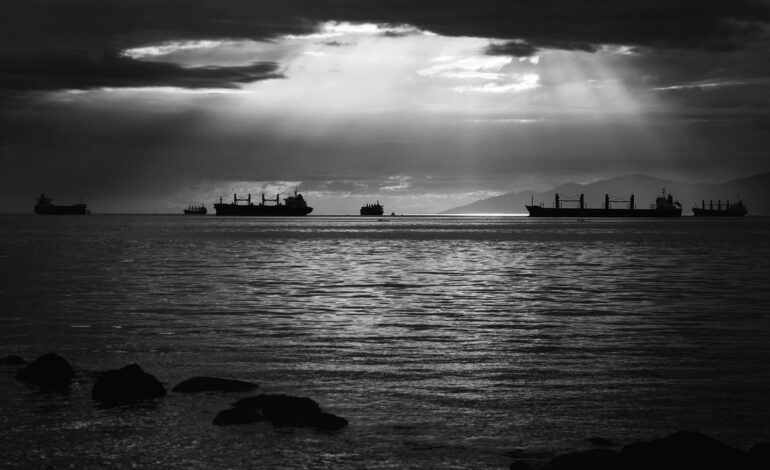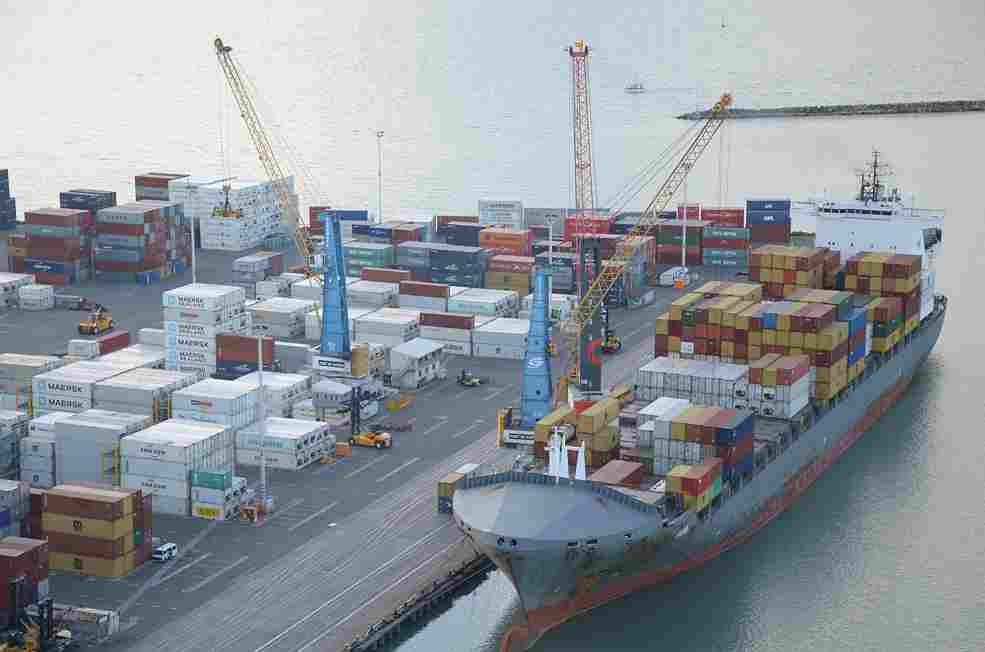
Impact of Economic Sanctions on Bunker Fuel Availability
Economic sanctions have emerged as a powerful tool in international diplomacy, aimed at influencing the behavior of nations and entities. While sanctions target a wide range of sectors, their impact on the maritime industry, particularly on the availability of bunker fuel, can be profound. This article explores how economic sanctions affect bunker fuel supply chains, the operational challenges faced by ship operators, and the broader implications for global shipping.
Understanding Economic Sanctions
Economic sanctions are restrictions imposed by one country or a group of countries on another nation, entity, or individual to achieve foreign policy or national security objectives. These measures can include trade barriers, financial restrictions, and bans on specific goods and services. In the context of the maritime industry, sanctions can target:
- Export and Import Bans: Restrictions on the export or import of bunker fuel to or from sanctioned countries.
- Financial Restrictions: Limits on transactions and financial services, affecting the ability to purchase bunker fuel.
- Asset Freezes and Travel Bans: Measures that prevent entities from accessing their assets or moving freely, complicating fuel procurement and logistics.
Direct Impact on Bunker Fuel Availability
- Supply Chain Disruptions:
- Source Restrictions: Sanctions can limit access to key bunker fuel suppliers, particularly if the targeted country is a major producer of crude oil or refined products. For example, sanctions on major oil-producing nations can disrupt the global supply of bunker fuel.
- Logistical Challenges: Restricted trade routes and ports can complicate the transportation and distribution of bunker fuel, leading to delays and increased costs.
- Market Volatility:
- Price Fluctuations: Sanctions can create uncertainty in the market, leading to price volatility. Ship operators may face higher fuel costs due to supply constraints and increased risk premiums.
- Supply Shortages: In regions heavily reliant on sanctioned suppliers, fuel shortages can occur, forcing operators to seek alternative, potentially more expensive sources.
- Operational Adjustments:
- Route Alterations: Ships may need to alter their routes to avoid sanctioned areas or to access alternative fuel supplies, leading to longer voyages and increased operational costs.
- Fuel Management: Operators may need to implement more stringent fuel management practices to cope with limited availability and ensure compliance with fuel quality and environmental regulations.
Indirect Effects on the Maritime Industry
- Compliance and Legal Risks:
- Regulatory Complexity: Navigating the complex web of international sanctions requires thorough understanding and constant monitoring. Non-compliance can result in severe penalties, legal action, and reputational damage.
- Documentation and Reporting: Enhanced documentation and reporting requirements add administrative burdens, as operators must demonstrate compliance with sanctions regulations.
- Economic and Competitive Pressures:
- Increased Costs: The cumulative effect of higher fuel prices, logistical challenges, and compliance costs can strain the financial performance of shipping companies, particularly those operating on thin margins.
- Competitive Disadvantages: Companies in countries not subject to sanctions may have access to cheaper and more reliable fuel supplies, creating a competitive imbalance.
- Investment and Innovation:
- Diversification Strategies: Sanctions can prompt investment in alternative fuel sources, such as LNG, biofuels, or hydrogen, to reduce dependency on vulnerable supply chains. However, these investments require significant capital and technological advancements.
- Infrastructure Development: Ports and bunkering facilities may need to upgrade infrastructure to accommodate new fuel types, further driving up costs.
Case Studies and Regional Impacts
- Sanctions on Major Oil Producers:
- Iran and Venezuela: Sanctions on Iran and Venezuela, both significant oil producers, have disrupted global oil markets, including the supply of bunker fuel. These sanctions have forced shipping companies to find alternative suppliers, often at higher costs.
- Russia: Recent sanctions on Russia, a major exporter of crude oil and refined products, have added further strain to global energy markets, impacting bunker fuel availability and prices.
- Regional Dependencies:
- Asia-Pacific: The Asia-Pacific region, heavily dependent on Middle Eastern oil, has faced challenges in securing stable fuel supplies amidst sanctions on key producers. Diversifying fuel sources and enhancing regional cooperation are critical strategies.
- Europe: European ports have had to adjust to sanctions impacting Russian oil supplies, accelerating the transition to alternative fuels and increasing investments in LNG infrastructure.
Future Outlook
- Geopolitical Shifts:
- Strategic Alliances: Geopolitical alliances and trade agreements will shape the future of bunker fuel availability. Countries may form strategic partnerships to secure reliable fuel supplies and mitigate the impact of sanctions.
- Regulatory Evolution: As international relations evolve, so will sanctions regimes. The maritime industry must stay agile and adaptable to changing regulatory landscapes.
- Sustainability and Innovation:
- Alternative Fuels: The push towards cleaner, more sustainable fuels will gain momentum as the industry seeks to reduce its reliance on traditional bunker fuels. Investment in renewable energy and alternative propulsion technologies will be crucial.
- Digital Transformation: Advanced data analytics, blockchain, and IoT technologies can enhance supply chain transparency, compliance, and efficiency, helping operators navigate the complexities of sanctions and fuel procurement.
Conclusion
Economic sanctions present significant challenges for the maritime industry, particularly in ensuring the availability and affordability of bunker fuel. While these measures aim to achieve broader geopolitical objectives, their impact on global shipping is profound, driving up costs, complicating logistics, and necessitating operational adjustments. To navigate this challenging landscape, the industry must invest in alternative fuels, enhance compliance mechanisms, and foster strategic partnerships. As the world moves towards greater sustainability and technological innovation, the maritime sector will need to adapt swiftly to ensure resilience and competitiveness in an increasingly complex geopolitical environment.





